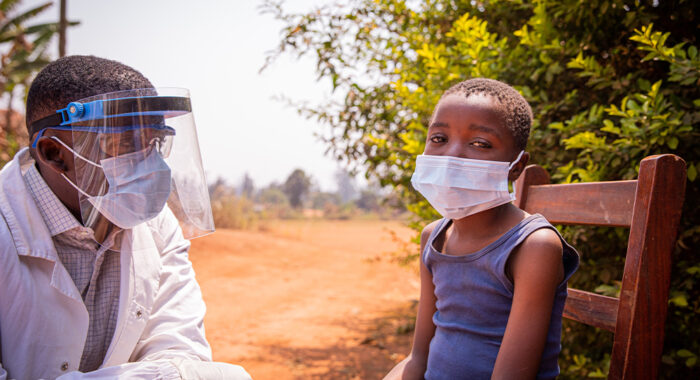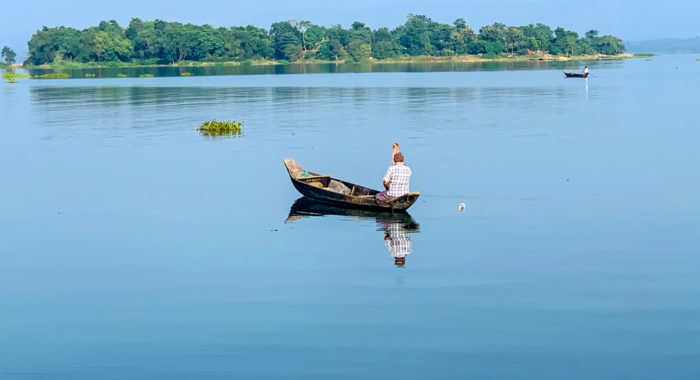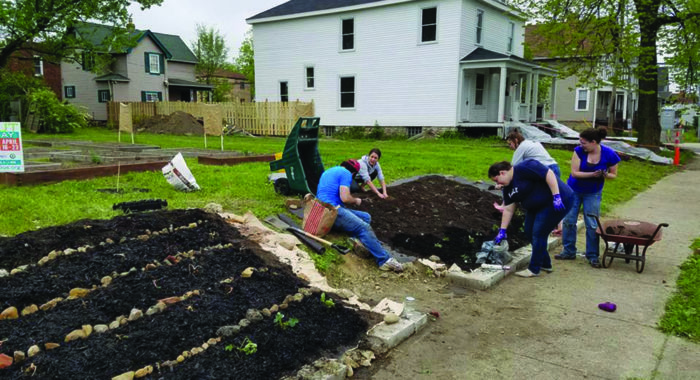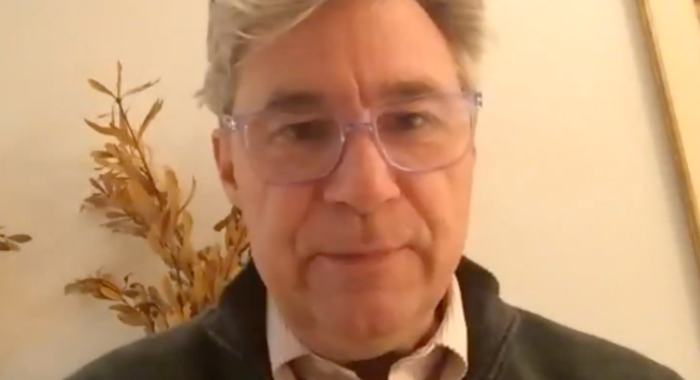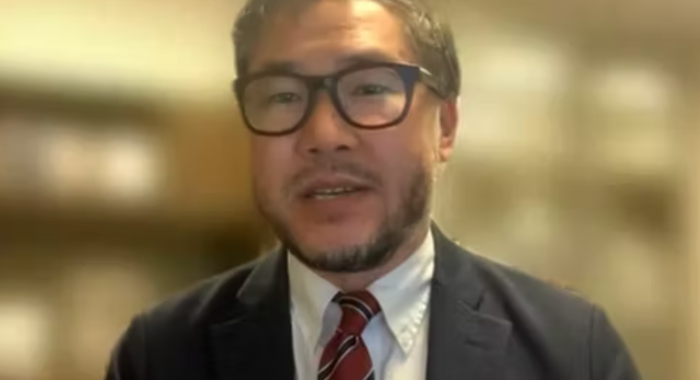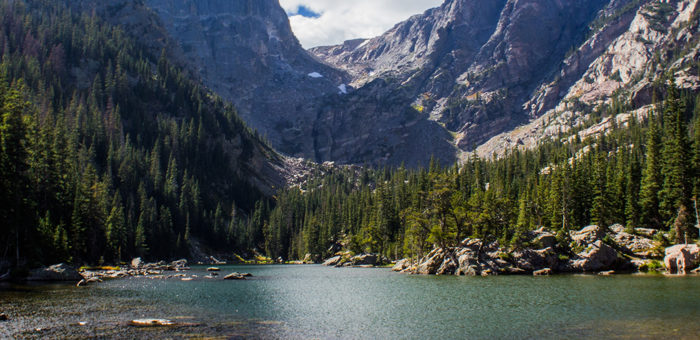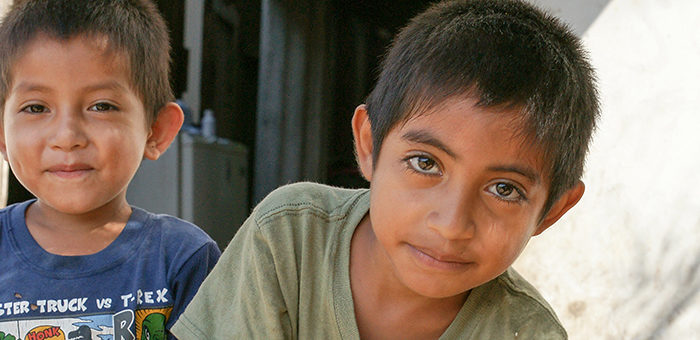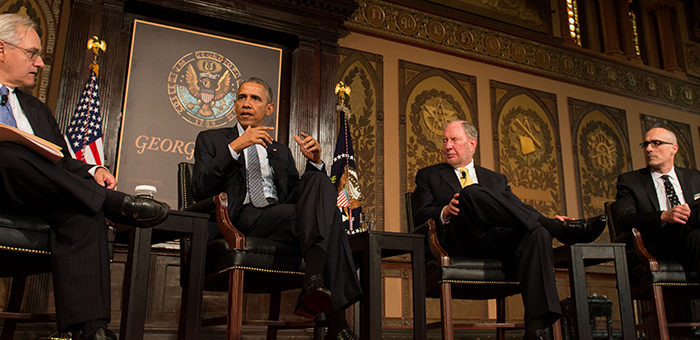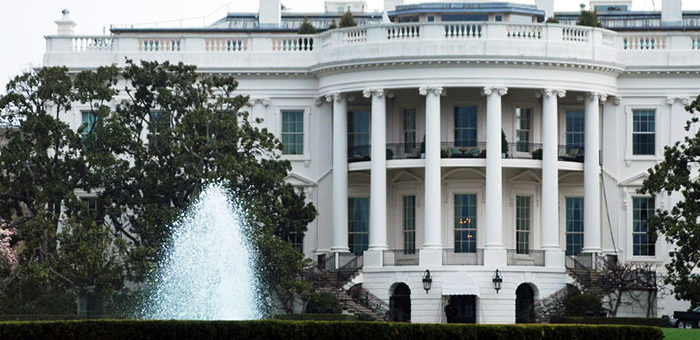
In a resolution approved last week, the Board of Directors of the National Association of Evangelicals (NAE) joined with the worldwide evangelical community in adopting the creation care principles outlined in the Lausanne Cape Town Commitment.
“The Bible commands us to care for God’s earth and the people in it,” said Leith Anderson, NAE president. “This resolution is about joining with our brothers and sisters around the world to fulfill that mandate.”
- Adopt lifestyles that renounce habits of consumption that are destructive or polluting;
- Exert legitimate means to persuade governments to put moral imperatives about political expediency on issues of environmental destruction and potential climate change; and
- Recognize and encourage the missional calling both of (i) Christians who engage in the proper use of the earth’s resources for human need and welfare through agriculture, industry and medicine, and (ii) Christians who engage in the protection and restoration of the earth’s habitats and species through conservation and advocacy. Both share the same goal for both serve the same Creator, Provider and Redeemer.
The Caring for God’s Creation: A Call to Action statement builds on the NAE’s Ecology 1970 resolution, which declared that “those who thoughtlessly destroy a God-ordained balance of nature are guilty of sin against God’s creation.” The NAE’s 2011 publication, “Loving the Least of These: Addressing a Changing Environment” explored the relationship between the changing environment and poverty and stated:
As followers of Jesus, committed to justice and compassion, we seek to understand the potential threats to the lives and well-being of poor and vulnerable people. We do not claim to know exactly what will happen as temperatures rise. But we can come alongside the poor and make it possible to adapt to rapid changes, and even by our own choices, to lessen the impacts of climate change.
Anderson said, “We need to move past debating and focus on the poorest of the poor who are neither scientists nor politicians but are the most affected by how we care for God’s creation.”



 View All Updates
View All Updates 
